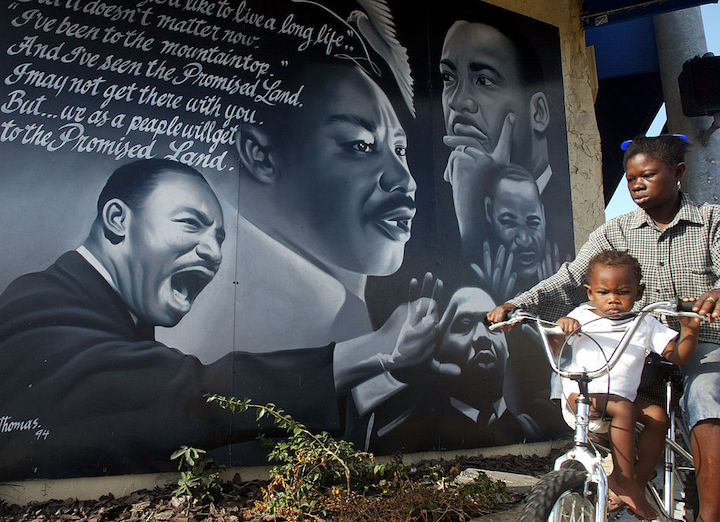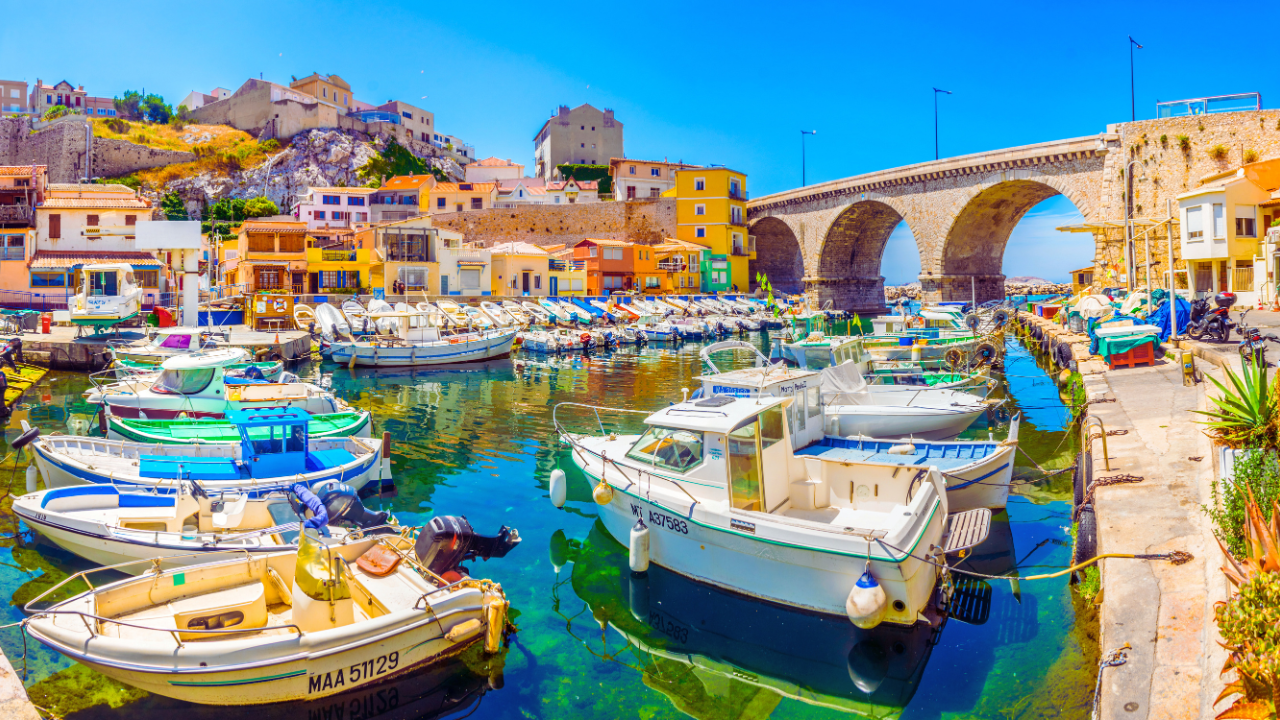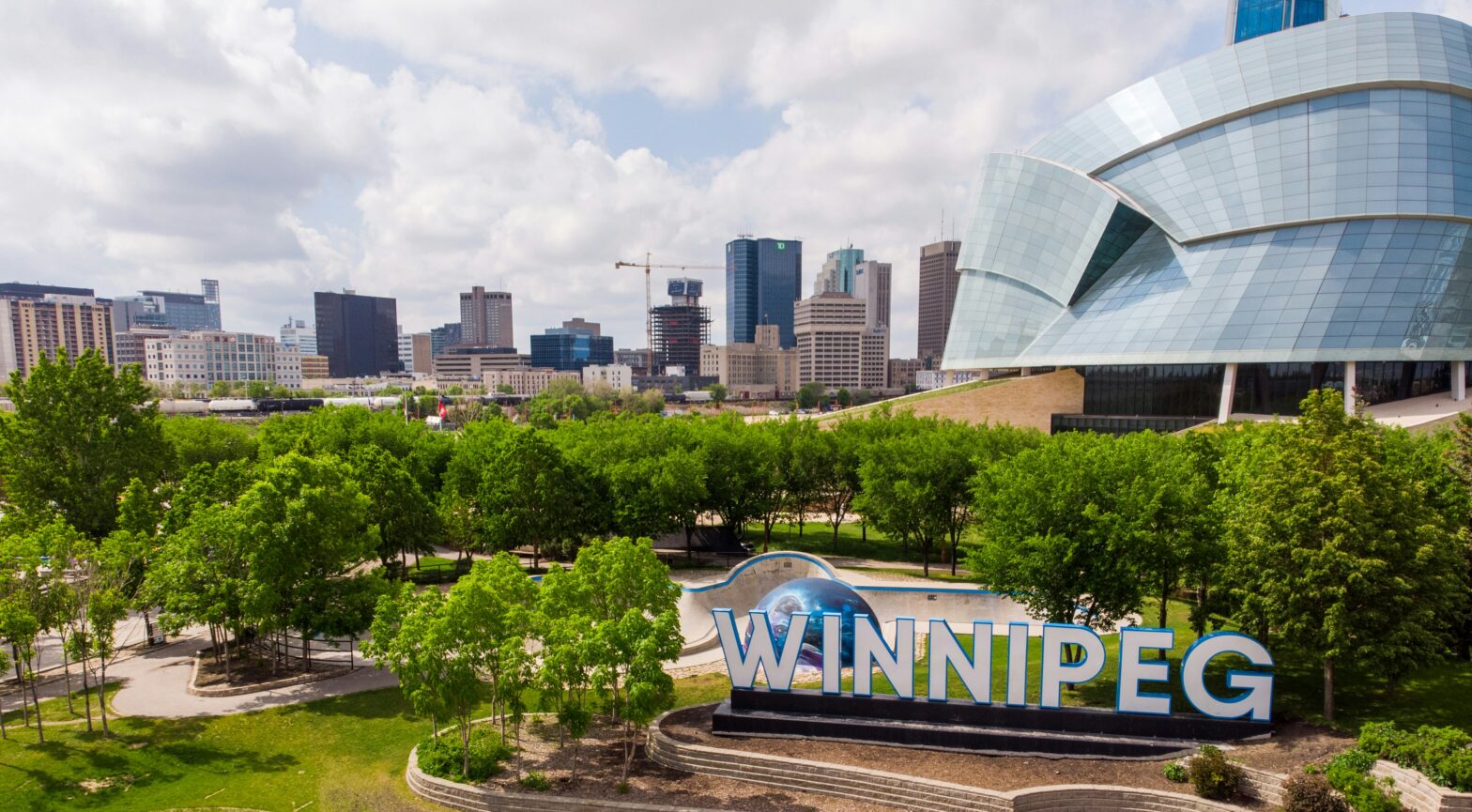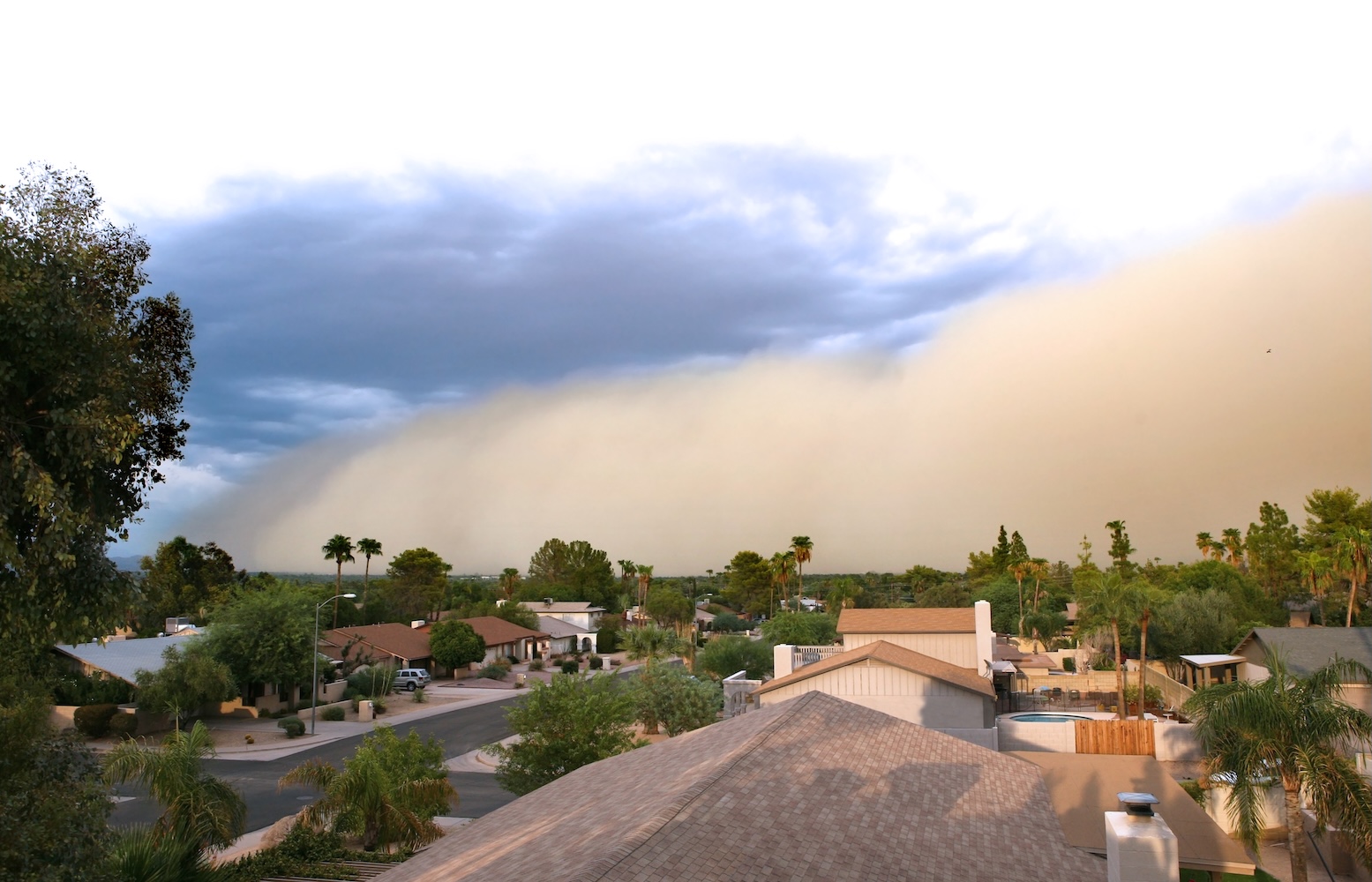Jan. 18 commemorates the birthday of Martin Luther King Jr. It’s a national holiday in the United States that serves as a time for reflection and community engagement to honor his social activism.
While King’s legacy is felt throughout the world, only a few other countries honor and celebrate his legacy.
We’ve compiled this list of countries that celebrate the activist’s life and the meaning behind the celebrations.
King, an anti-nuclear activist, spoke out against the nuclear bombs that devastated Hiroshima and Nagasaki.
In 1967, King expressed a great desire to visit the country and discuss his idea of nuclear disarmament in a letter addressed to the “People of Japan.” He wrote, “Japan knows the horror of war and has suffered as no other nation under the cloud of nuclear disaster. Certainly, Japan can stand strong for a world of peace.”
Dr. King never made it. Four months after he sent the letter, he was murdered.
Nearly 30 years later, a man named Tadatoshi Akiba tightened the ties to Martin Luther King, Jr. Akiba spent more than 18 years studying and teaching mathematics in the US. After moving back to Japan, he entered politics and was elected mayor of Hiroshima in 1999.
He then started an annual banquet at the mayor’s office to commemorate King and his work as an anti-nuclear activist.
It’s not a national paid holiday but a day of reflection and service. The Ottawa municipal government in Ontario officially began observing the national holiday on Jan. 26, 2005.
There are a number of speeches and events held across the city, though the day itself will provide only a time for personal reflection on the activist’s life.
King often spoke highly of Canada in helping slaves find liberation in his Conscience for Change discussions, stating that in the struggle for freedom, Canada served as the North Star.
Since 1986 the Dr Martin Luther King Tribute and Dinner has been held in Wassenaar.
Although MLK is not celebrated on King’s birthday itself, but on the last Sunday in January.
The annual event features veterans of the Civil Rights Movement reading King’s iconic I Have A Dream Speech, and ends with people gathering to sing We Shall Overcome.
RELATED: Martin Luther King, Jr. Traveled About 6 Million Miles Between 1957 And 1968





